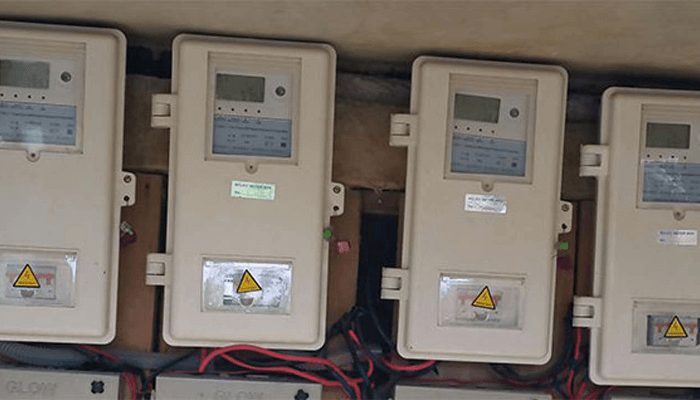trending stories
Court Grants Grieving Parents Right to Use Late Son’s Frozen Sperm for Surrogacy

This decision came after a four-year legal battle with the hospital that initially refused their request.
Harbir Kaur and Gurvinder Singh lost their 30-year-old son, Preet Inder Singh, to Non-Hodgkin’s Lymphoma in September 2020. Before starting chemotherapy, doctors advised Preet to store his semen due to potential fertility risks from the treatment. He followed the advice, freezing his sample in June 2020.
After his passing, the grief-stricken parents sought to retrieve the sample from Delhi’s Ganga Ram Hospital, but their request was denied. Determined to continue their son’s legacy, the couple petitioned the Delhi High Court, expressing their desire to raise a child using Preet’s sperm. They assured the court that their daughters would care for the child if they were no longer able to.
EDITOR’S PICKS
- Health, Planning Ministries Partner with AfDB on Sustainable System Project
- Shamim Ahmed: Student Ally of Bangladesh’s Ex-Prime Minister Loses Life
- Match Words With Actions -Lawyers Urge New CJN, Kekere-Ekun
Last week, Justice Prathiba Singh ruled in favor of the couple, stating that Indian law does not prohibit posthumous reproduction if the deceased had given consent. Since Preet was unmarried and had no children, his parents, as his legal heirs under the Hindu Succession Act, were entitled to access the sperm sample.
The couple, now in their 60s, said the ruling gave them a chance to preserve their son’s memory and continue the family name.

Baby bump
Their lawyer, Suruchii Aggarwal, noted that while this case is rare, it’s not without precedent. She cited similar cases in India and abroad, including a 2018 case in Pune where a mother used her deceased son’s sperm for surrogacy. Justice Singh also referenced a 2002 case in Israel, where parents were allowed to use their late son’s sperm to conceive a grandchild.
FURTHER READING
- BREAKING: FG Begins New Minimum Wage Payments For Workers
- Mallorca Fan Sentenced To Prison For Racist Abuse Of Vinicius Junior, Chukwueze
- Benin Republic Arrests 3 Men Suspected Of Coup Plot
In court, Ganga Ram Hospital argued that sperm samples should only be released to a spouse, as no clear guidelines exist for transferring them to legal heirs in the absence of a spouse or children. The Indian government opposed the petition, highlighting that India’s surrogacy laws are designed to assist infertile couples or women, not for grandparents seeking grandchildren.
Additionally, the Assisted Reproductive Technology (ART) Act 2021 prohibits single individuals from having children through surrogacy.
However, Aggarwal argued that Preet had given implied consent for the use of his sperm, noting that he had filled out a form for IVF purposes and listed his father’s contact information. Justice Singh accepted this argument, ruling that Preet had intended for his sperm to be used to have children, and as his legal heirs, his parents had the right to use the sample.
Following the ruling, the family is now considering surrogacy, with a relative volunteering to be the surrogate.
Click here to watch our video of the week:
Advertise or Publish a Story on EkoHot Blog:
Kindly contact us at ekohotblog@gmail.com. Breaking stories should be sent to the above email and substantiated with pictorial evidence.
Citizen journalists will receive a token as data incentive.
Call or Whatsapp: 0803 561 7233, 0703 414 5611

















